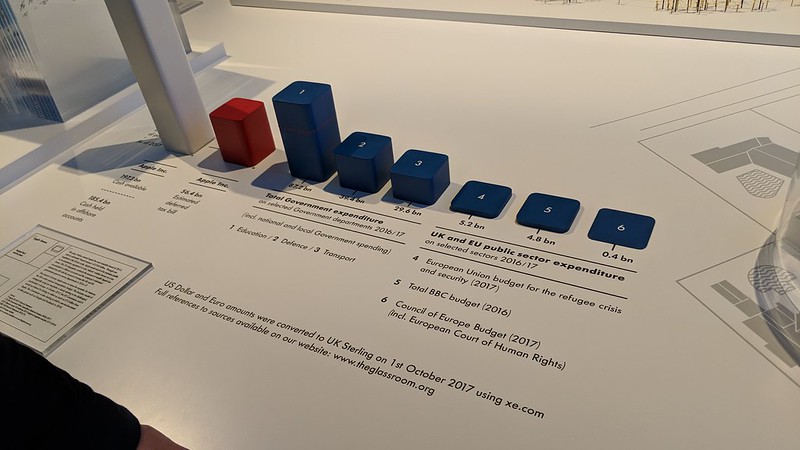
We live in incredible times with such possibilities that is clear. Although its easily dismissed seeing last pass scramble, the royal mail cyber attack and apple’s data use.
To quote Buckminster Fuller “You never change things by fighting the existing reality. To change something, build a new model that makes the existing model obsolete.”
You are seeing aspects of this with the new range of biobatteries, Mozilla planning their own instance of Mastodon and the drop in ransomware payouts.
Channel 4’s privatisation U-turn
Ian thinks: Channel 4 survives the governments privatisation plans for now, but I do wonder for how long till the plans change again?
The on-demand economy debate isn’t finished
Ian thinks: A really good summary of the debate which has gone mainly quiet since the pandemic put the whole thing on pause. There hasn’t been much discussion since and Paris highlights the need for society
Breaking out of the Crystal Prison
Ian thinks: Its great to hear Bunnie talking, as its been a long time since the xbox hacking and the controversy at the time. Its also a good relaunch of the EFF podcast which is always full of good ideas.
Encryption still a difficult debate in Europe
Ian thinks: There is a lot of great privacy laws from the EU but as this wired post with Andy Yen points out. There is a lot of tension around encryption, which could under-mind the privacy laws created by the EU.
Fooled by randomness?
Ian thinks: So many people think Tiktok is magic but as explained in this post, its relatively high emphasis on exploration is higher than others and likely fooling people. However the point about the user interface is critical to its success and something to remember.
Has China gained a foothold in the so called publicspace?
Ian thinks: The link between Twitter and China propaganda is quite striking, as talked about in this video. What happens next is a good question, Its also worth reading through the New York Times piece if you prefer text.
Mark think about your obituaries
Ian thinks: Nobel laureate Maria Ressa recently cleared of tax evasion in Philippines, has a lot to say about social media and even more to say to Mark Zuckerberg.
A business model which works for a community
Ian thinks: Its not common I mention a film in the notes but the bank of dave is actually quite a good watch. More importantly is the true story and the banking business model which has been distorted beyond its original roots.
See the archive here








